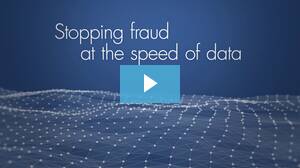A new industry study about consumer perception around fault over card compromises is a good reminder for financial institution leaders about what their cardholders are concerned about most this holiday shopping season.
A November 2019 study from Terbium Labs titled "How Fraud Stole Christmas" details that a majority of consumers, or 68%, responded in a survey that they would hold their financial institution "at least partly responsible for fraudulent activity, regardless of how the compromise occurred." Even if the merchant was the source of the breach, consumer perception over how their bank or credit union is protecting them appears to play a role in who a cardholder is most likely to point the finger at after an incident occurs.


















